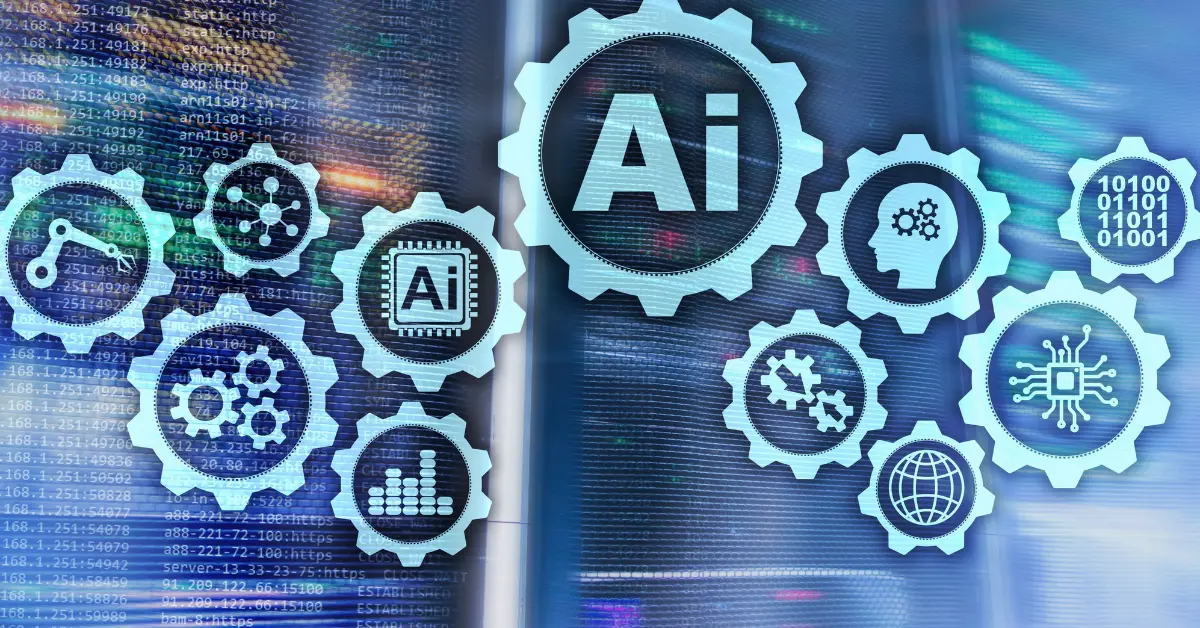Artificial intelligence (AI) has rapidly become integral to our lives. From personal assistants like Siri and Alexa to advanced facial recognition systems and self-driving cars, AI development has shown tremendous potential in making our daily tasks more efficient and convenient. It can handle vast amounts of data, recognize patterns, and make decisions at speeds that are beyond human capabilities. However, with this rapid growth and advancement, a complex set of ethical concerns must be addressed.
What is AI Development?
Before delving into the ethical concerns of AI, it is essential to understand what AI development entails. AI development involves the creation of intelligent machines that can perceive, reason, learn, and make decisions similar to humans. It is a multidisciplinary field that combines computer science, engineering, mathematics, and psychology to design and develop machines that mimic human cognition.
Types of AI
There are two main types of AI: Narrow AI and General AI. Narrow AI, also known as weak AI, is designed to perform a specific task efficiently. Examples of narrow AI include speech and face recognition systems, language translation services, and automation in manufacturing. On the other hand, General AI, also known as strong AI, aims to exhibit intelligence and cognitive abilities at a human level. It is a more advanced form of AI that can reason, learn, and adapt to different situations. General AI is still in its early stages and is a subject of ongoing research.
Benefits of AI Development
The potential benefits of AI development are vast and varied. Key benefits include increased efficiency and productivity, improved accuracy, personalized assistance, and enhanced decision-making. AI can handle large datasets and perform complex tasks at a speed and accuracy level that surpasses human capabilities. This can lead to significant savings for businesses and improved customer experiences. AI also has applications in healthcare, where it can assist doctors in diagnosing diseases and developing treatment plans. Furthermore, it can help develop sophisticated systems for disaster management and environmental protection.
Ethical Concerns in AI Development
While AI development has the potential to bring about many benefits, it also raises several ethical concerns. Some of the key concerns include:
1. Bias and Discrimination
One of the most prominent ethical
issues in AI development is the potential for bias and discrimination. AI systems are designed using datasets, and if these datasets are biased, it can lead to biased decision-making by the AI. For example, facial recognition systems trained on datasets predominantly comprising white faces are likely to have difficulty recognizing the faces of people with darker skin tones. Similarly, recruitment and credit assessment AI systems may also exhibit bias against specific demographics, leading to discrimination.
2. Lack of Transparency and Explainability
Another crucial ethical concern is AI systems’ lack of transparency and explainability. Unlike humans, AI systems are not capable of providing reasons for the decisions they make. This lack of transparency can make it difficult to identify the source of bias or error in the decision-making process. This can be especially problematic in critical areas such as healthcare and criminal justice, where transparency and explainability are crucial for accountability.

3. Job Displacement
The rise of AI has also sparked concerns about potential job displacement. AI systems are designed to automate tasks that humans would otherwise perform, leading to the fear that AI will replace human workers. According to a report by the McKinsey Global Institute, by 2030, up to 800 million jobs worldwide could be displaced by automation. This displacement can result in job losses and income inequality, further exacerbating societal issues.
4. Privacy and Security
AI systems rely heavily on data, and the massive amount of data they collect raises concerns about privacy and security. There have been numerous data breaches, leading to the compromise of sensitive personal information. AI systems can also analyze personal data to develop insights and make recommendations, raising concerns about the invasion of privacy and unauthorized profiling.
5. Control and Autonomy
As AI systems become increasingly autonomous and intelligent, there are concerns about who will control their decisions. Who will be held accountable when an AI system makes a mistake or causes harm? The lack of control over such systems raises fears of unintended consequences and potential human harm.
Conclusion
In conclusion, as AI development advances, we must address the ethical concerns accompanying it. It is imperative to prioritize the ethical use of AI and ensure its benefits are inclusive and beneficial to society. This can only be achieved through collaboration between all stakeholders and a proactive approach to addressing ethical concerns. As with any technology, AI’s responsible use and development are crucial in ensuring its positive impact on society.
Frequently Asked Questions (FAQs)
1. How can we address the issue of bias in AI systems?
Addressing bias in AI systems requires a proactive approach, starting from the design and development stage. Developers must ensure that datasets used to train AI systems are diverse and representative of the entire population. They should also regularly audit and retrain AI systems to identify and correct any biases that may have been unintentionally introduced. Furthermore, implementing diversity and inclusion initiatives within companies developing AI can help reduce bias in the technology.
2. Can we rely on AI systems to make ethical decisions?
No, we cannot rely on AI systems to make ethical decisions. AI systems are only as ethical as those who develop and train them. While they can perform tasks with speed and accuracy, they do not possess moral reasoning and cannot make ethical judgments.
3. How can we ensure transparency and explainability in AI systems?
Transparency and explainability can be achieved by developing AI systems using interpretable algorithms and providing detailed documentation of the decision-making process. This will enable users to understand how the system reached its conclusions and identify any sources of bias or error. Implementing standardized protocols for testing and validating AI systems can also help ensure transparency and accountability.
4. Can ethical concerns in AI be addressed through regulations?
Regulations play a crucial role in addressing ethical concerns in AI development. Governments and regulatory bodies can implement laws and guidelines to ensure the ethical use of AI and hold companies accountable for any harm caused by their AI systems. However, regulations alone may not be enough, and there is a need for collaboration between governments, industry, and academic institutions to develop comprehensive policies and frameworks.
5. How can we ensure that AI development benefits society?
To ensure that AI development benefits society, it is crucial to have a diverse and inclusive workforce developing and regulating AI. Additionally, companies developing AI must prioritize ethical considerations in their research and development process. They should also engage with stakeholders, including customers and communities, to develop technology that aligns with societal values and addresses real-world problems.



